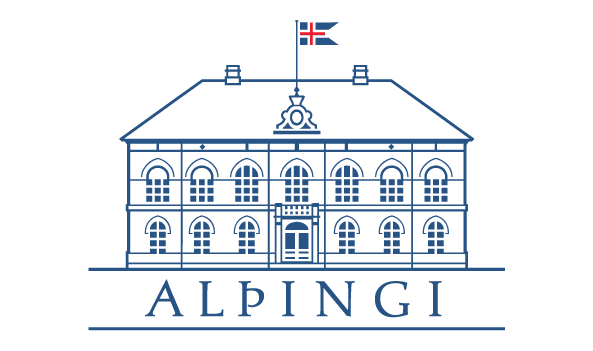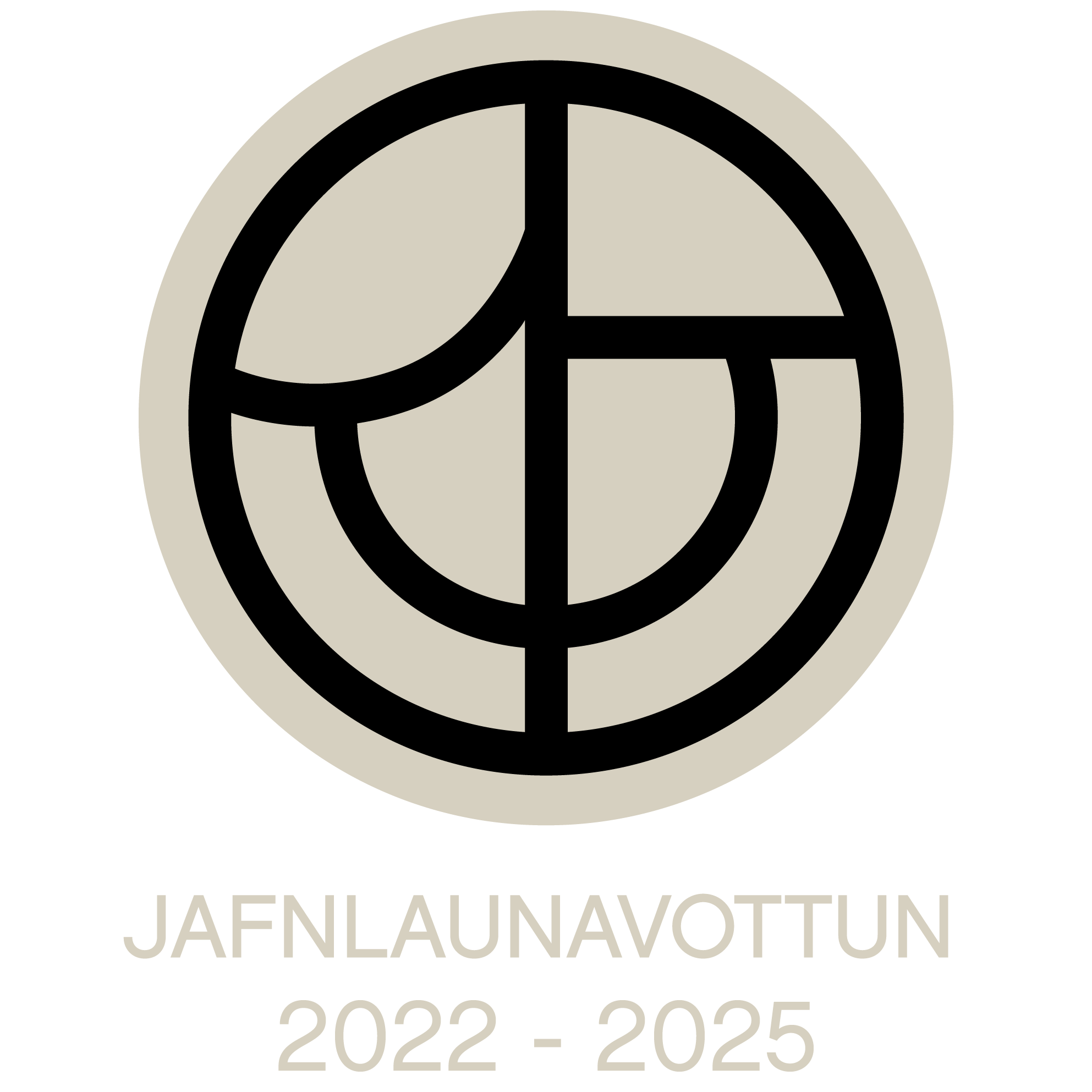Parliamentary Review Committee on the SIC report
Members of the PRC (December 2009-September 2010)
Atli Gíslason Chairman,
Ásbjörn Óttarsson,
Birgitta Jónsdóttir,
Eygló Harðardóttir,
Lilja Rafney Magnúsdóttir,
Magnús Orri Schram,
Oddný G. Harðardóttir,
Sigurður Ingi Jóhannsson,
Unnur Brá Konráðsdóttir, Vice Chairman.
The Review Committee's external advisers: Bryndís Hlöðversdóttir, dean, Department of Law, Bifröst University, and Dr. Ragnhildur Helgadóttir, professor, Department of Law, Reykjavik University and Jónatan Þórmundsson, professor.
Althingi, the Icelandic Parliament, established in December 2009 an ad hoc Parliamentary Review Committee (PRC) to scrutinize and follow up the report of the Special Investigation Commission (SIC) on the collapse of the three main banks in Iceland. The role of the Althingi Parliamentary Review Committee was to formulate the Parliament's response to the conclusions drawn by the SIC. The PRC was composed of nine members of Parliament representing all the parliamentary party groups. The PRC submittet a report to the Althingi in September 2010.
Further information on the PRC
The establishment of the Parliamentary Review Committee
In December 2009, the Parliament elected an ad hoc committee of Members of Parliament to address the report of the SIC on the collapse of the banks, and form recommendations as to the Parliament's response to the SIC's conclusions. Nine Members of Parliament from all parliamentary parties have a seat on the committee. The PRC's task is very extensive and comes under the supervisory function of the Parliament. The Committee is intended to submit its proposals no later than September 2010.
It was not deemed advisable to assign the task to one of the standing committees. Therefore rules for the handling of the report in Parliament had to be established.
Rules regarding the activities of the Review Committee
The provisions of the Parliament´s Rules of Procedure regarding the Parliament's standing committees apply to the activities of the Review Committee, as applicable. Furthermore, the Review Committee adopts its own rules of procedure. It has the same powers as the Parliament's standing committees to receive written statements, invite guests to their meetings, and hold hearings.
The Review Committee may carry out further investigation, if, in its opinion, additional information on specific issues is needed. An expert is then assigned by the Review Committee to conduct the investigation and will be accorded the same investigative powers as the SIC.
The tasks of the Review Committee
The Review Committee will not take a stance relating to matters that the SIC sends to the State Prosecutor, regarding alleged criminal conduct of individual persons, nor to matters notified to executives or ministries, concerning alleged offences by civil servants.
Having regard to the SIC's tasks, it is probable that the Review Committee will, i.a. address the following issues:
- General political settlement of the economic crash
The Review Committee will present its opinion on general conclusions in the SIC's report regarding the main reasons for the economic crash and what lessons might be learned from them. - Amendments to Acts of law and regulations
The Review Committee will follow up on the SIC's suggestions of necessary amendments to Acts of law and regulations that aim at preventing the repetition of such calamities. For that purpose the Committee may submit bills of law and proposals for a parliamentary resolutions, or refer specific comments to the relevant standing committee of the Parliament. - Assessment of responsibility
In the SIC's report, an assessment will be made regarding who is responsible for possible mistakes and negligence on the part of the authorities that had their part in the way things went.
Furthermore, the Review Committee may state its position regarding responsibility for the events leading to, and the causes of, the collapse of the banks, e.g. supervision of financial activities, activities of the media, activities of the financial institutions, and other related activities in the business sector.



